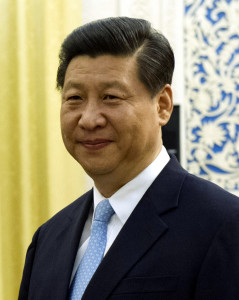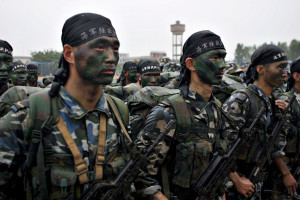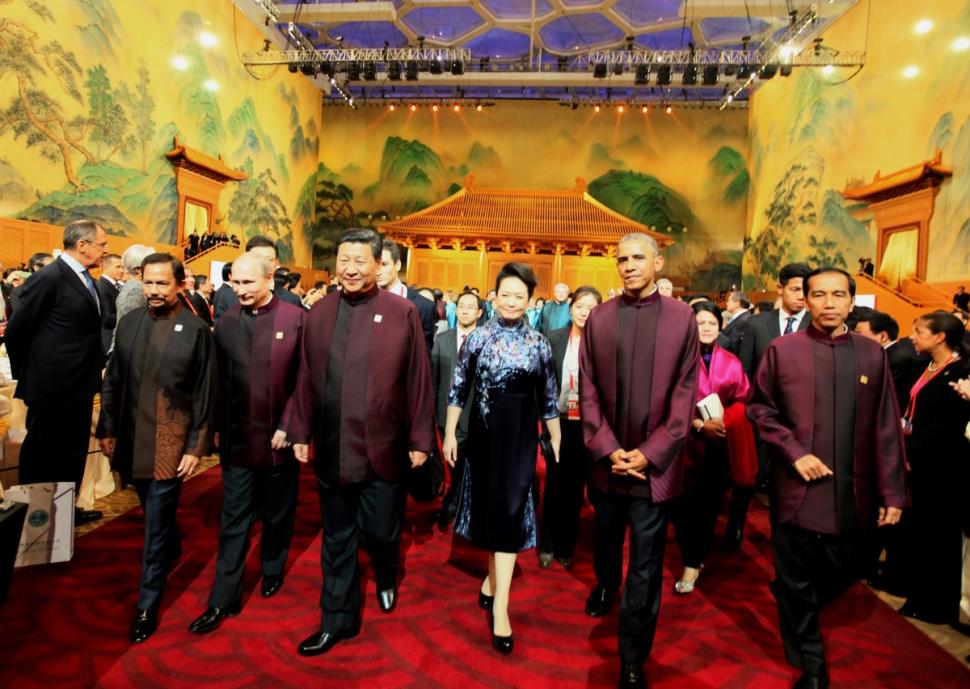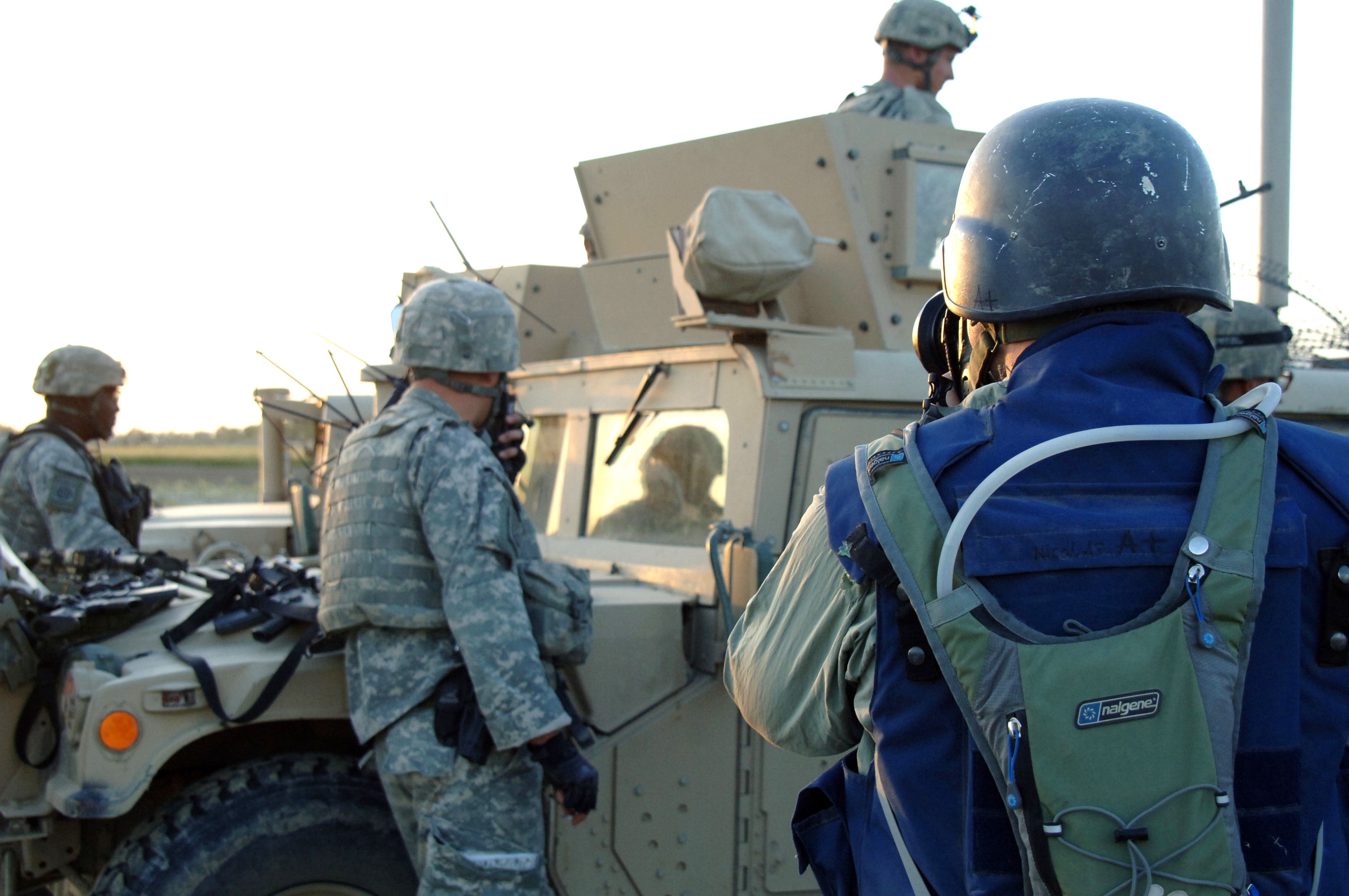
The Chinese government has long stayed away from any interference in the conflict of the Islamic State (IS). However, the verbal attack from IS claiming China has seized Muslim rights and the news of a Chinese IS militant captured by Iraqi forces has finally woken the sleeping dragon. Whether Beijing will join Obama’s coalition is still undecided.
On July 4, 2014, Abu-Bakr Al-Baghdadi the leader of the IS stated, “Muslim rights are forcibly seized in China, India, Palestine” and more than a dozen other countries and regions. “Your brothers all over the world are waiting for your rescue, and are anticipating your brigades.” This verbal attack was not well received by the Chinese government. For decades, Chinese foreign policy has centered on a lack of interference in the daily lives of foreign citizens. In turn, the Chinese government expects organizations, governments, and citizens of other countries to return the favour.
Recently, Iraqi forces captured a Chinese citizen, and other Chinese nationals have been detained while travelling under the assumptions of leaving to join IS militants. The captured national is suspected of being of Uighur minority. In the western Xinjiang province of China, the separatist Uighur population has committed terror attacks that threaten China’s national security and have resulted in social unrest. Many Uighur separatists have received training from insurgents and jihadi militants in Afghanistan. These new developments have demonstrated to the Chinese government that the threat of terrorism has extended past the borders of its neighbouring nation, Afghanistan. It is under these circumstances the Chinese are more likely to react.
It is becoming increasingly hard for China to maintain a non-interference policy. As the world’s second largest economy, and growing military might, the world now consciously evaluates China’s decisions and the effect they can have on the world stage.
In his address on IS, Obama discussed the need for an international coalition to exterminate the threat. Two weeks later he met with the UN Security Council to discuss this further. As a permanent member of the Security Council, China now has to make the decision on whether it will send troops abroad, or maintain apolitical/diplomatic role.
China has power to gain on the international stage by sending troops into Iraq. The country has a history of freeriding off US security instalments in its areas of economic interest in the Middle East. This can be seen in Afghanistan with the presence of NATO. In the context of NATO withdrawal from Afghanistan and the looming threat of IS, sending in the Chinese army will demonstrate an increasing political role alongside an enormous economic position on the world stage.
It is important to note that “this international coalition is at the invitation and consent of the Iraqi government [which] makes it different from other efforts that China has not supported.” To be in a position of power that China is in, and to stray from this international effort would reflect poorly on China.
China’s response to the conflict, however, continues to remain uncertain. While it does not tolerate terrorist activity, it strongly advocates for the respect of sovereign borders, especially with respect to Syria. However, discussion of potential Coalition cooperation with Syrian President Assad to defeat IS has been brought up. Should this come to fruition, the world will be more likely to see China play a prominent role in countering IS.
The Chinese government is on the brink of an important decision regarding IS, one that cannot wait much longer. The verbal threats towards China and the emergence of a Chinese national IS militant has demonstrated to the government that the conflict is inching closer to home. Potential cooperation with an untraditional partner such as Syria, through respect of borders, appears to be one option to unlocking China’s participation.





